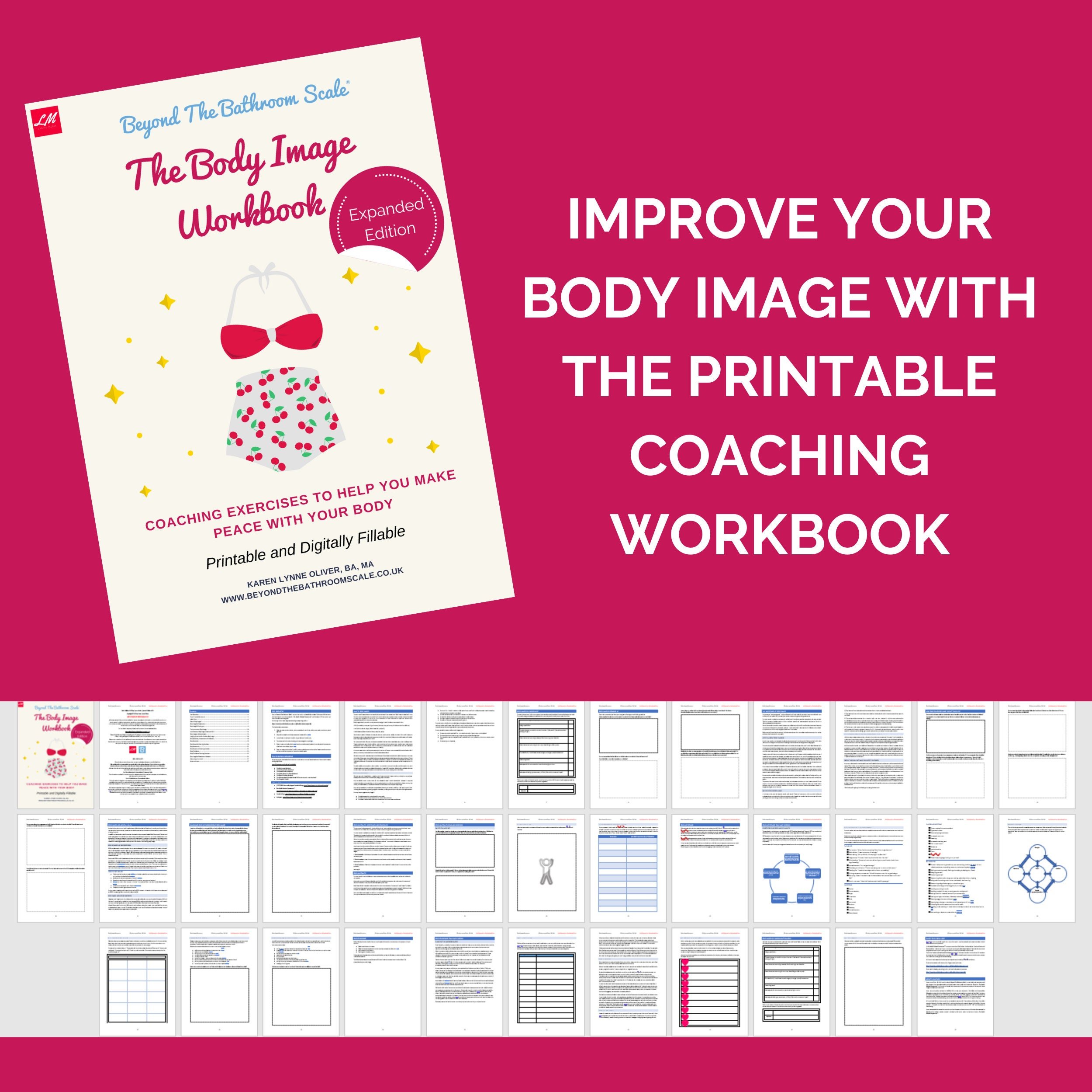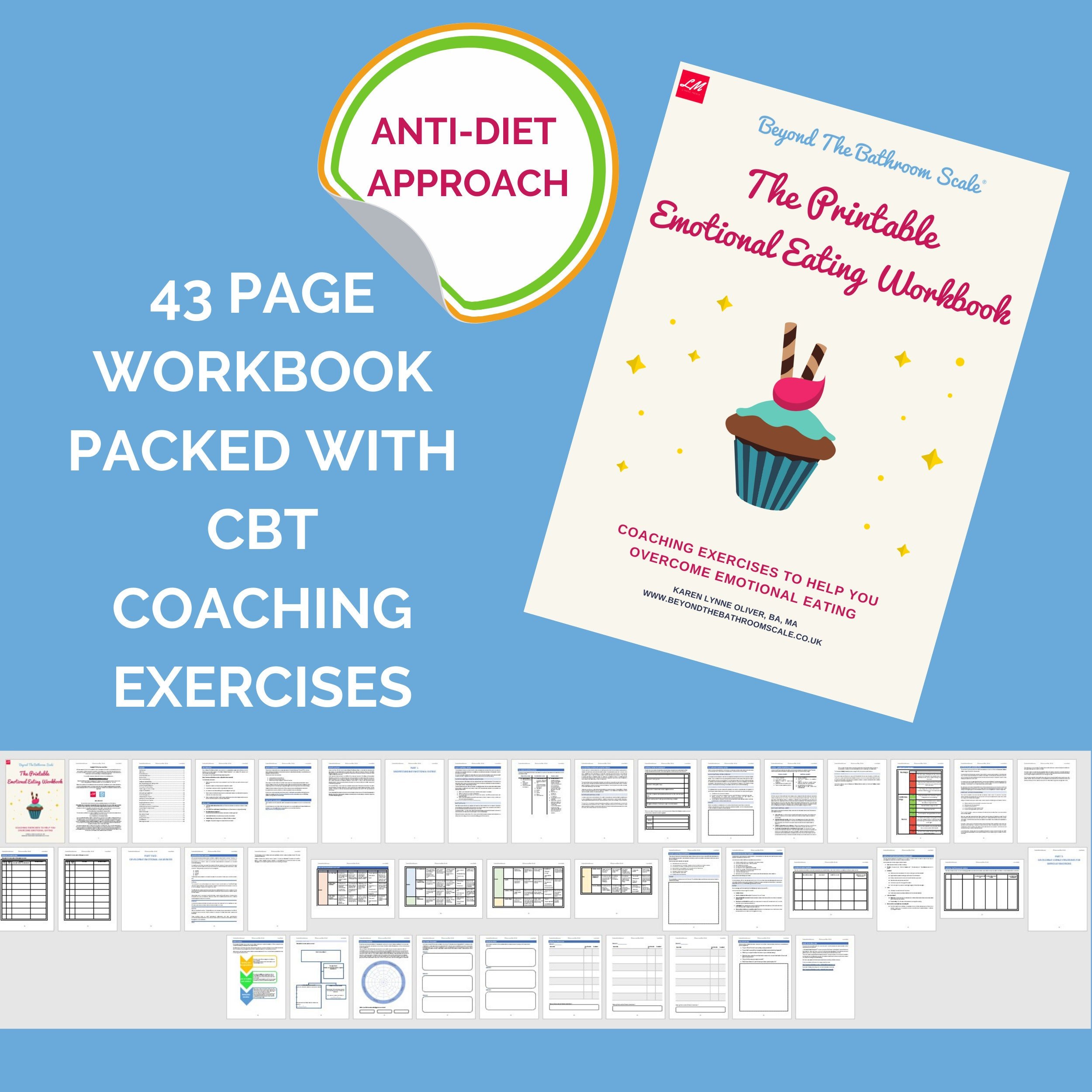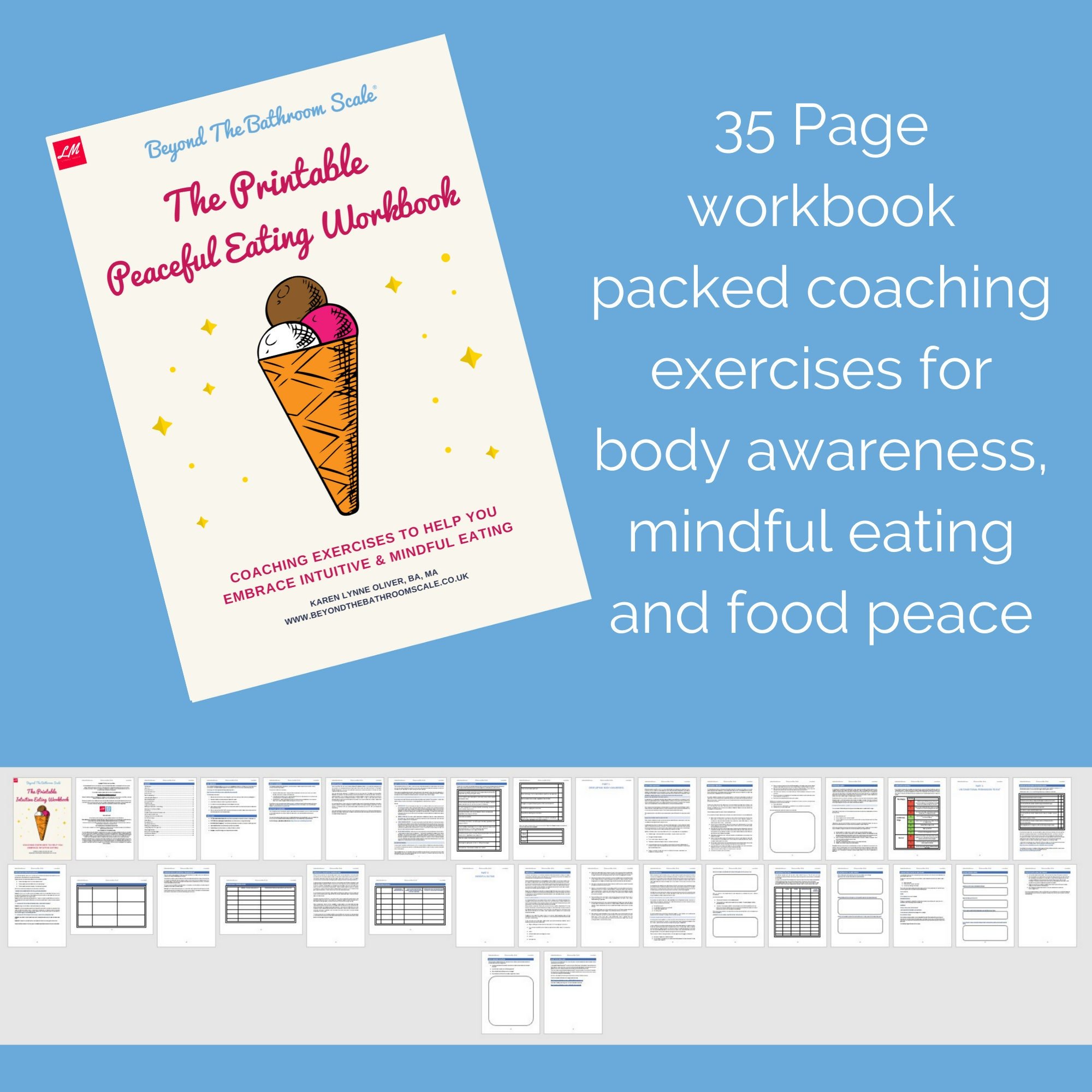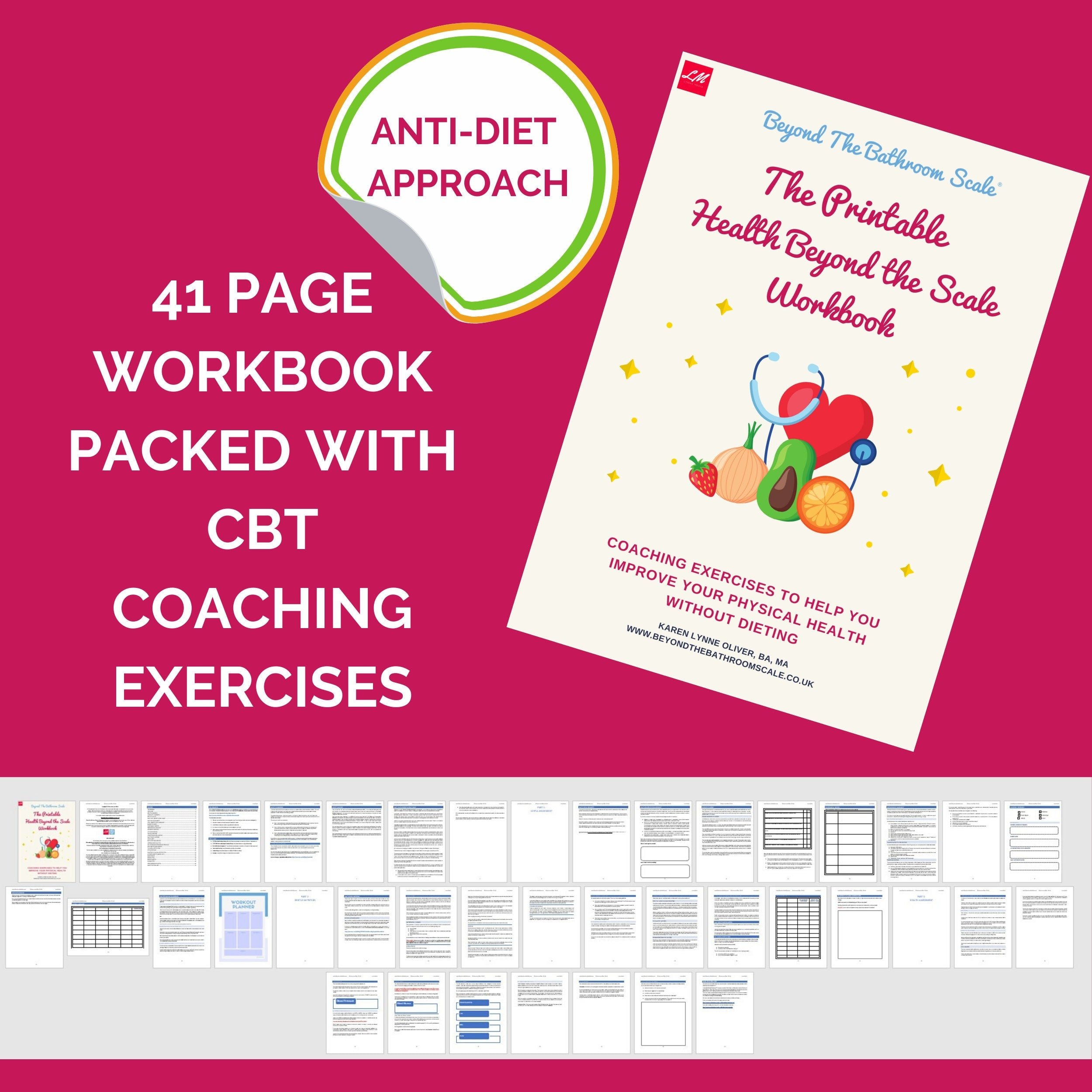How Body Positivity Enabled Me To Recover from Disordered Eating
Today I wanted to share a personal post about my own experience of recovering from a lifetime of disordered eating and poor body image, and explain how the discovering Body Positive community help put me on the path to recovery. In case you're not familiar with the term, I'll briefly outline it before I dive into my story.
Body Positivity: A social movement which advocates for anyone whose body does not fit societies ‘ideals’. It challenges the notion of an 'ideal body type', created by diet culture while promoting for body diversity and recognising beauty in all sizes, ages, ethnicities, and genders, as well as chronic illness and disabilities. It recognises that everyone has the right to feel happy and confident about their bodies and to be respected and not discriminated against.
Disordered Eating & Poor Health
I've had a long complicated history with food and my body. Starting with a very real phobia of eating new foods and eating in front of people as a young child (causing me to be very underweight until I hit puberty), which carried on well into my teens, and then issues of restriction and binge eating, leading to pre-diabetes and hypertension in my late teens. In my early twenties, I thought I had cracked it by tracking calories and exercise and losing loads of weight as a result. My pre-diabetes reversed and my blood pressure even reduced to below average, where it remains today, despite gaining all of the weight lost back (which was to be expected after dieting).
The trouble was, while I looked 'healthy' on the outside and received lots of praise and compliments, I was far from being well mentally. I just didn't recognise it at the time time, until I discovered the Body Positivity movement, something called Intuitive Eating and picked up the book Health At Every Size, by Linda Bacon. This is when I truly began to make peace with food and my body after years of being at war.
Growing Up In Diet Culture
Growing up with a Mum who has suffered from anorexia for as long as I can remember no doubt resulted in me seeing food and calories as the enemy, and my body as a problem which needed to be solved. Combine this home environment with growing up in a culture that tells us the exact same thing and that anyone who isn’t slim is lazy, greedy, unhealthy and lacks willpower, it’s really no surprise that my poor body image and strained relationship with food was reinforced.
Weight loss was never going to be the thing that made me like myself or make me feel happy (the fat club posters lie!). It wasn’t going to improve my mental health, heal past traumas, delete painful memories or fix my life. It was certainly never going to make me feel at peace with food either, not while I viewed my body as a barrier to the happiness I was meant to access at a certain weight.
All through my teens, I believed that when people spoke to me like a crap, it was my fault for how I looked: My dad insulted me because I had thick thighs. My mum felt disappointed in me because I wanted to eat more than her and as a consequence, I weighed a lot more. Men in the street would shout sexualised remarks at me and I blamed my large breasts instead of blaming them for their lack of respect and morals. Teenage boyfriends would treat me like me like crap because frankly, my self-esteem was low and I allowed it because I didn’t think I deserved better.
Reframing the Blame
It wasn’t until I found body positivity and read into a lot of feminist literature that I started to reframe all of these beliefs. Honestly, that was my turning point, even though it's taken years to get to where I am now. I finally stopped internalising other people’s crappy behaviour and blaming myself for attracting such behaviour. Instead, I recognised it for what it really was: their problem. A fault with them and their personalities. Not me. Not my appearance.
You know the kind of person who remarks on other people’s weight and appearance? They are the shit person. They are the flaw in society. Being a shallow, mean and an ignorant person, is a far worse thing to be than fat!
Rude wedding guests, who comment on the bride’s weight? They weren’t worthy of the invitation or the money that was spent on them as a guest.
The kind person who shouts sexualised remarks at teenagers from car windows: they are sick criminals.
Parents who laugh at, poke fun at and criticise their kid’s weight, appearance and eating habits: They have an awfully large responsibility for the development of their child’s disordered eating and poor body image. They’ve let their child down by not showing them the respect that every individual deserves. (This is not to say that everyone with patterns of disordered eating or poor body image experienced this from their parents, but there’s a lot who have.)
Partners who make their significant other feel bad about their weight and appearance, like men who say their wives “have let themselves go” after having kids, for example, they don’t deserve that person’s love.
Discovering the existence of body positivity movement was the first time in my life I’d ever considered the possibility that I was worthy of respect. Worthy of compliments. Worthy of feeling confident about myself without someone sneering in the background about how my body wasn’t thin enough, tall enough, my breasts were too big, or for whatever other reason, my body just wasn’t to their particular liking. Like it was their divine right to only have to cast their eyes on other humans who were pleasing to their eyes.
Making Peace With My Body
I stopped fighting with the bathroom scale and I stopped trying to restrict my food and exercise my way out of a body I hated. I stopped searching online for the price of breast reduction surgery. Instead, I treated myself with the respect I knew I deserved and I started speaking to myself in the same way I would a dear friend.
I exercise now, not because I want to change my body, but because I want to clear my mind, feel strong and maintain my health. I eat food based on how it makes my body feel, and no longer beat myself up if I eat something purely because it tasted good! I've since discovered intuitive eating and the Health At Every Size Movement, which I would have never discovered if I hadn't stumbled on the body positivity movement.
Emotional Eating Is Not An Eating Problem
The biggest breakthrough in my recovery, was when I stopped seeing my tendency to emotionally eat and at times binge eat, as an eating problem to be solved via willpower and calorie restriction. Instead, I recognised it for what it was: a sign I needed to prioritise my mental health and emotional well-being. I made self-care my priority above everything else and not only did my relationship with food improve but so did my mental health and the way I felt on a day to day basis. This would have been impossible to do if I hadn’t reached a place of body acceptance first and stopped focusing on weight loss.
So I have a lot to thank the Body Positivity Movement for!
I cover Body Positivity in my coaching app if you'd like to know more about the Body Positivity Movement.








